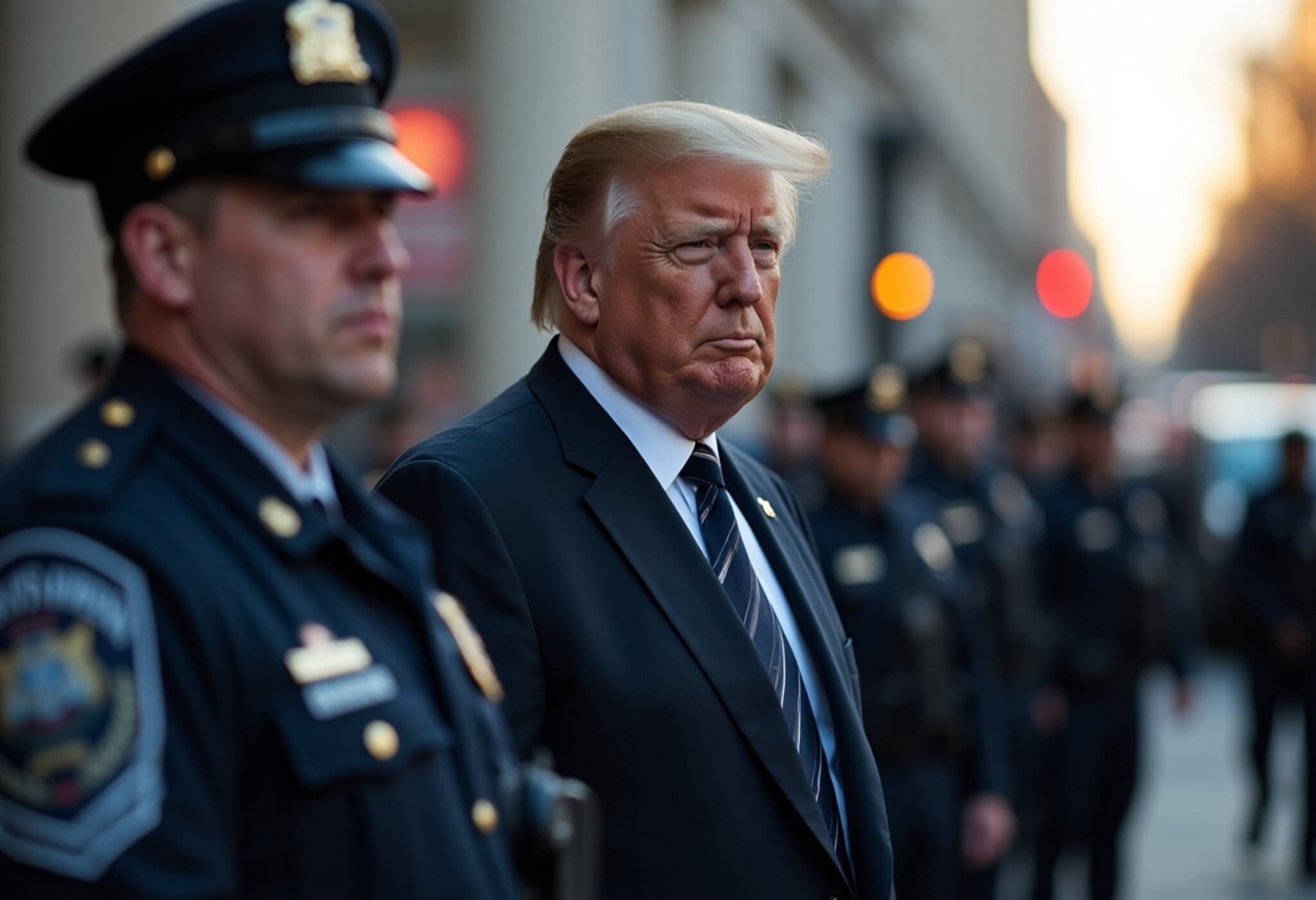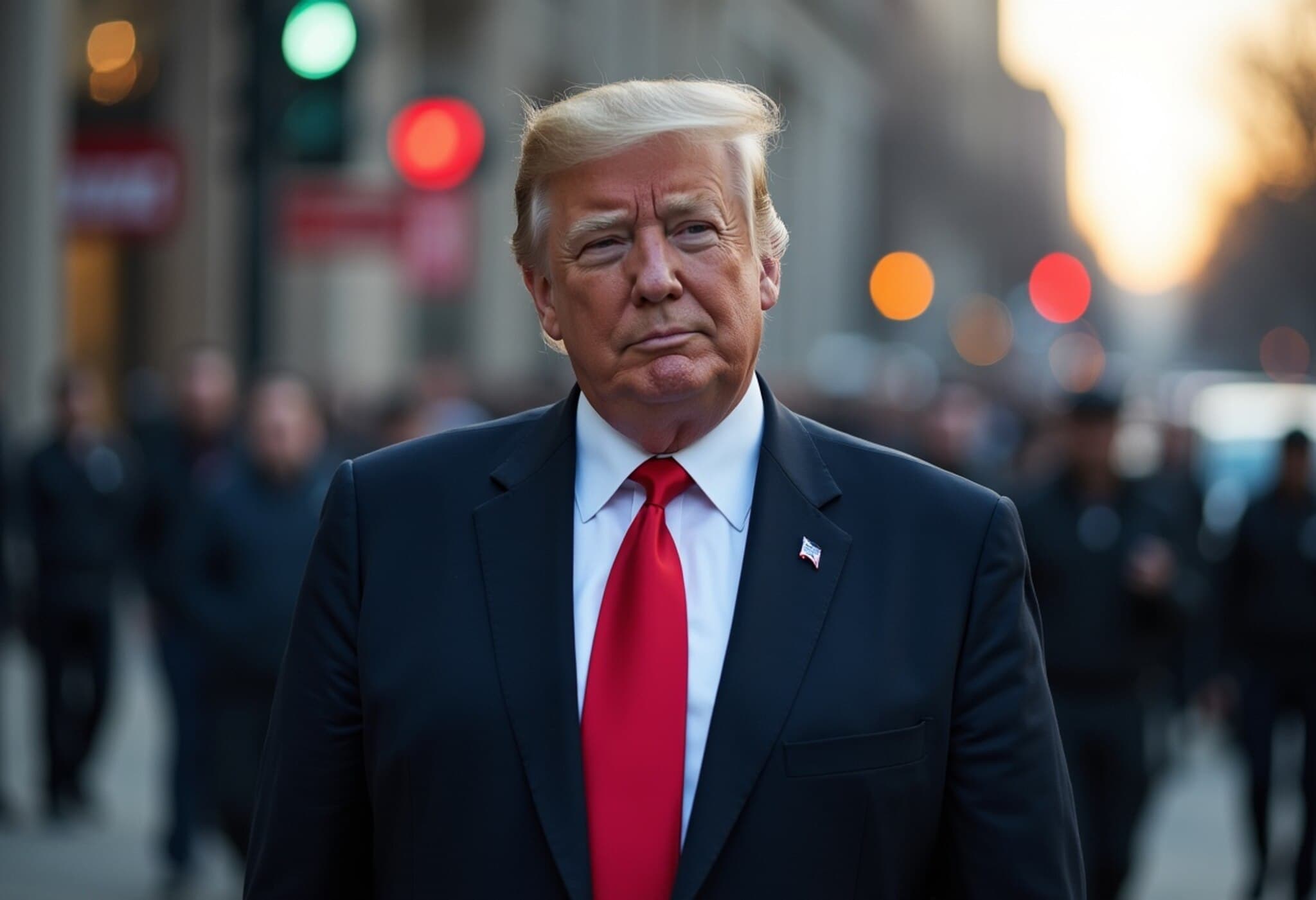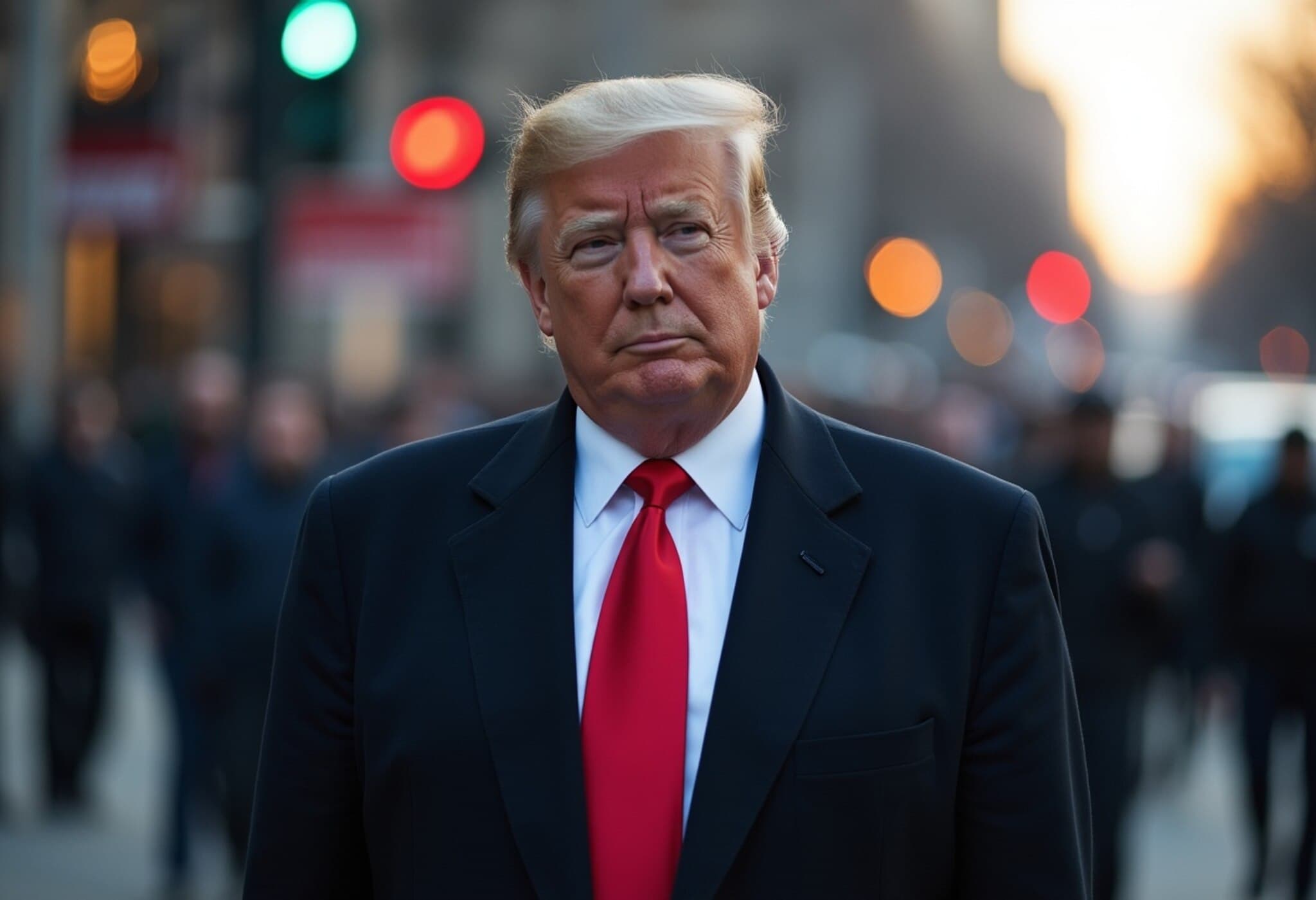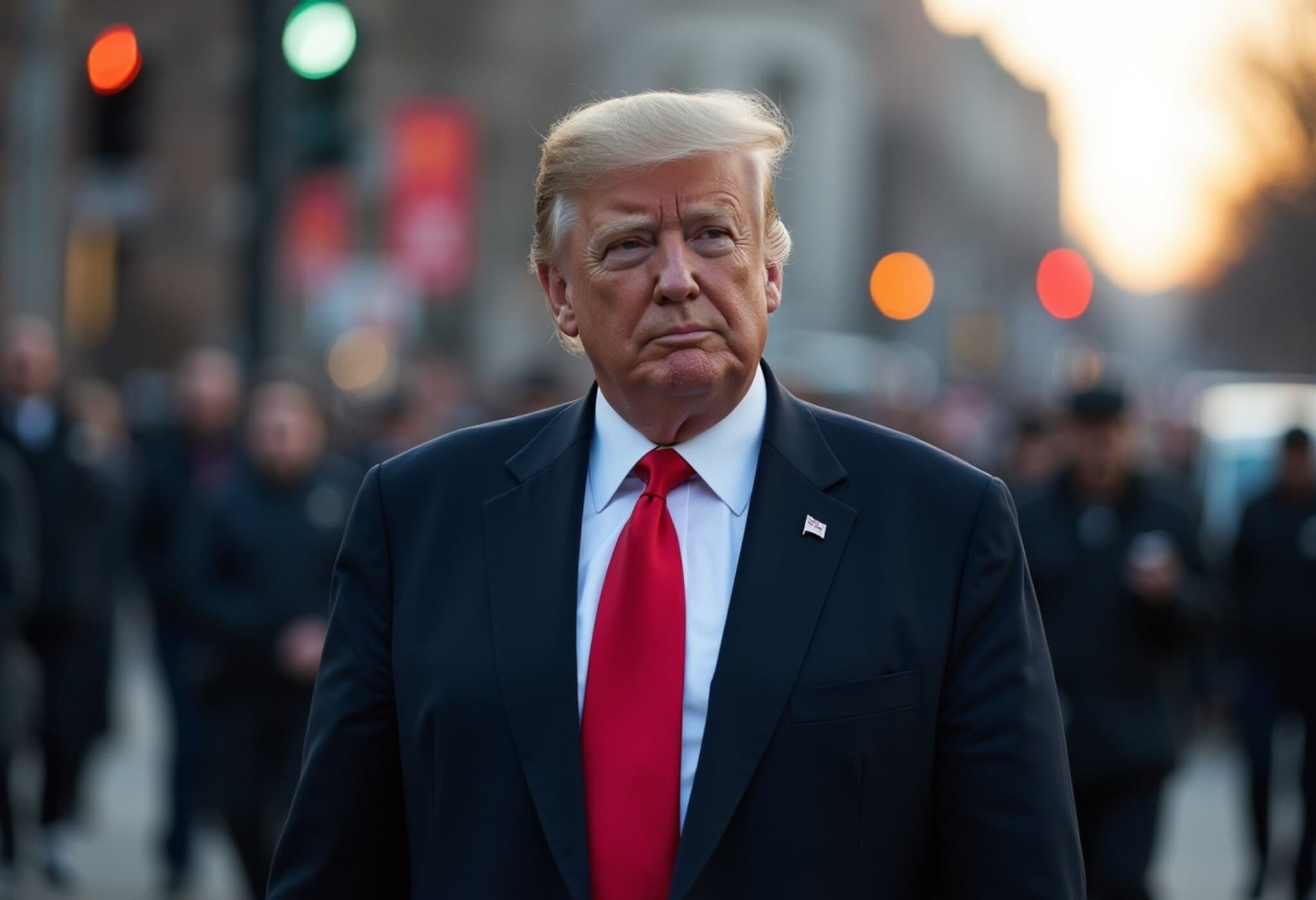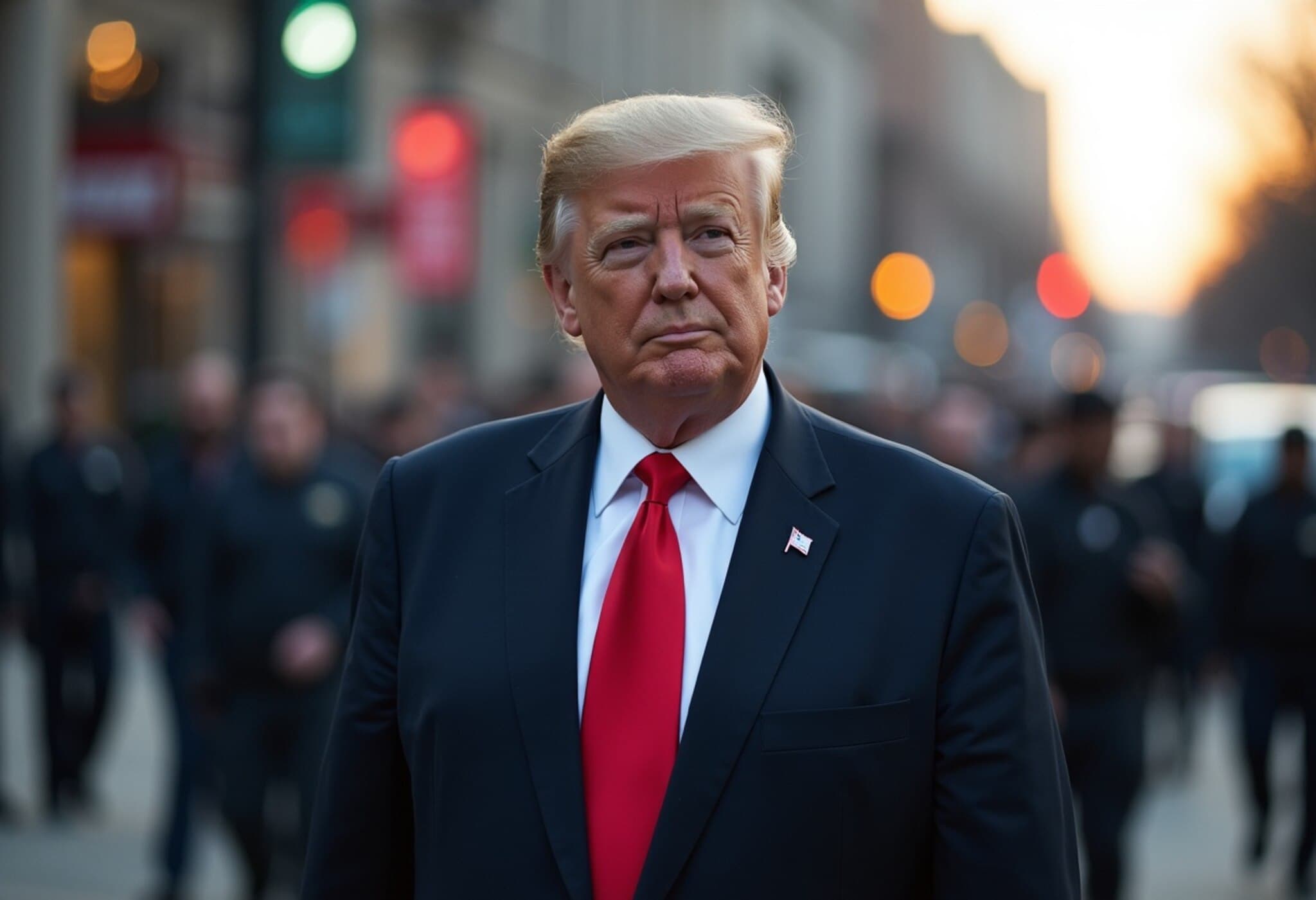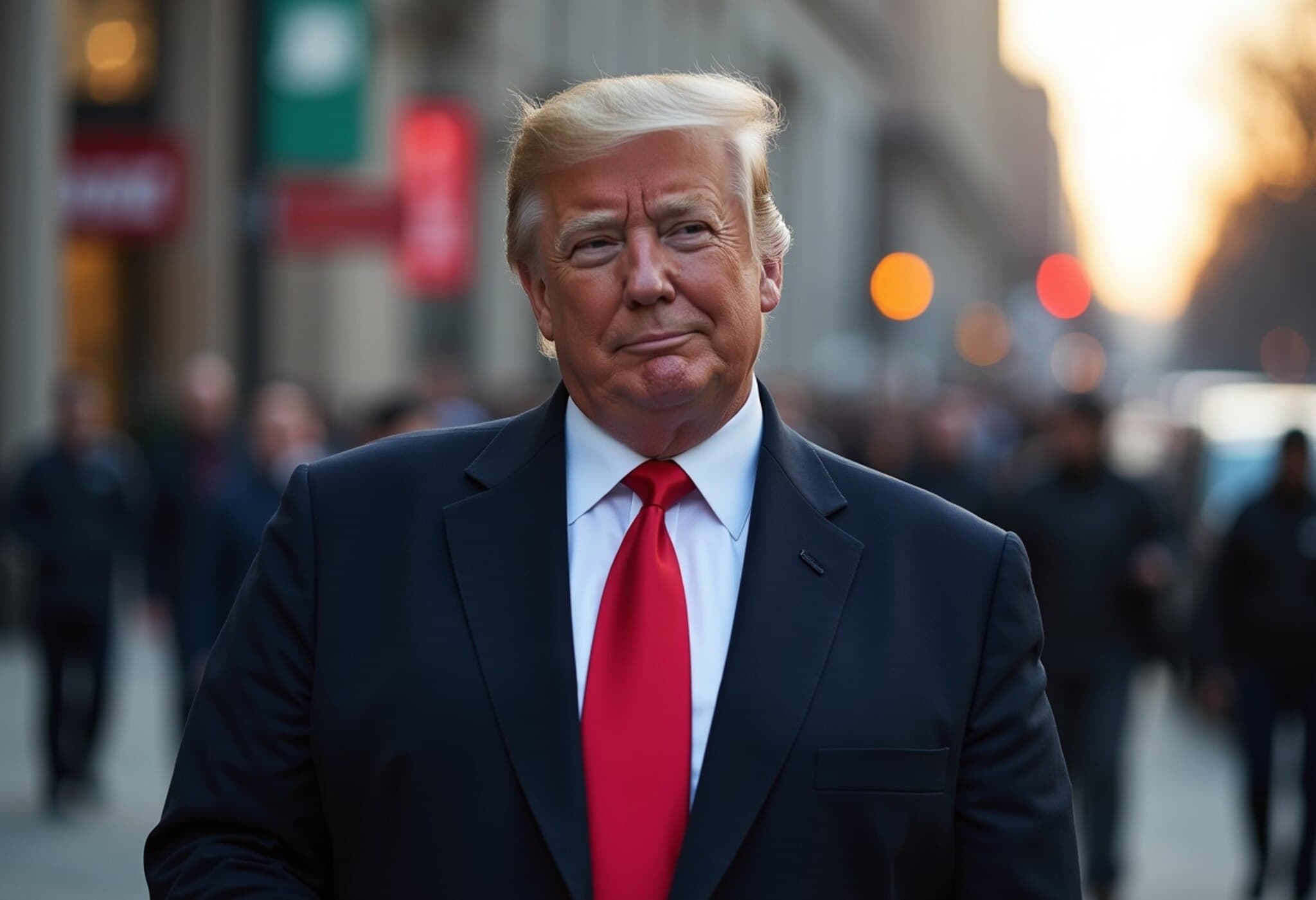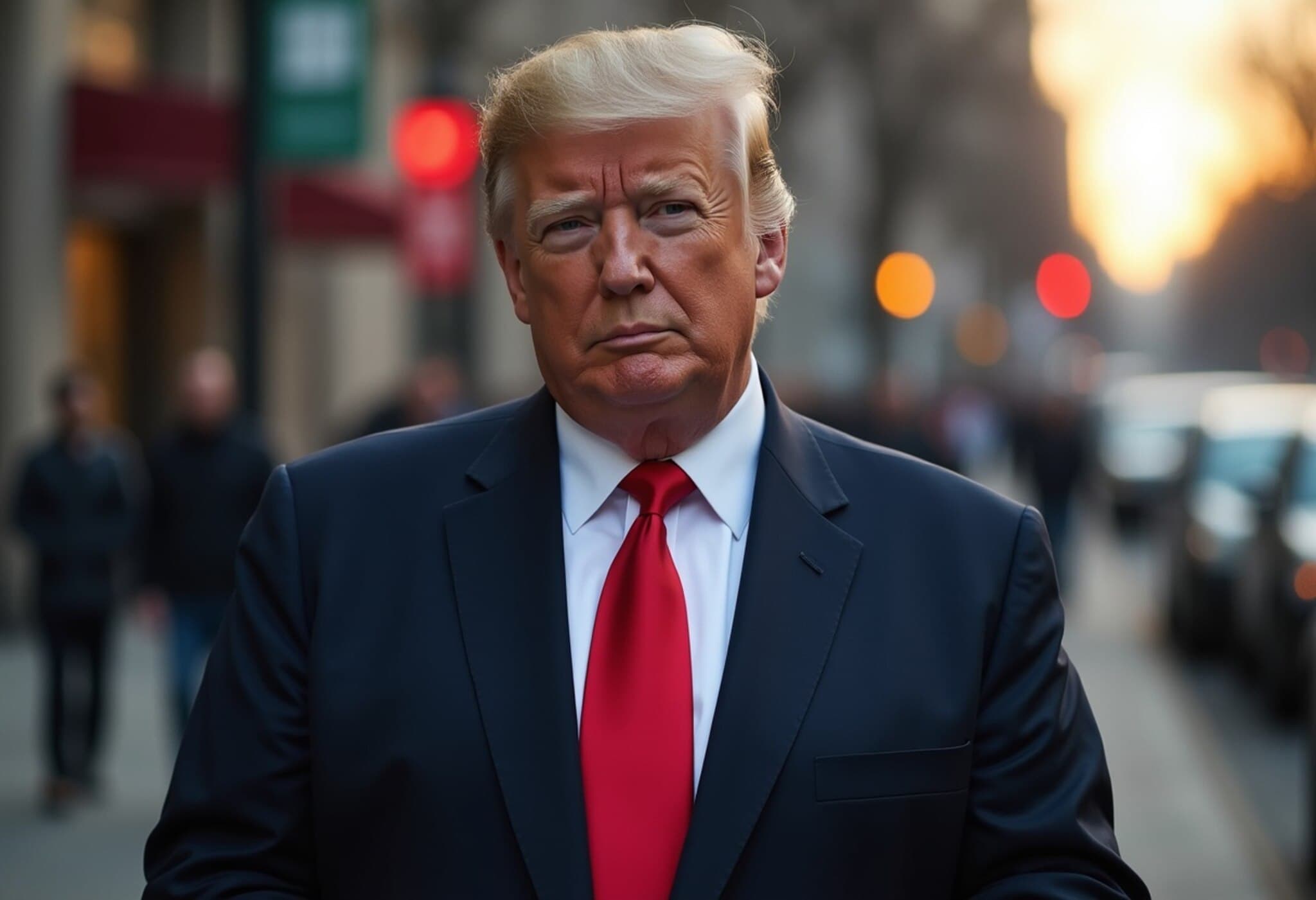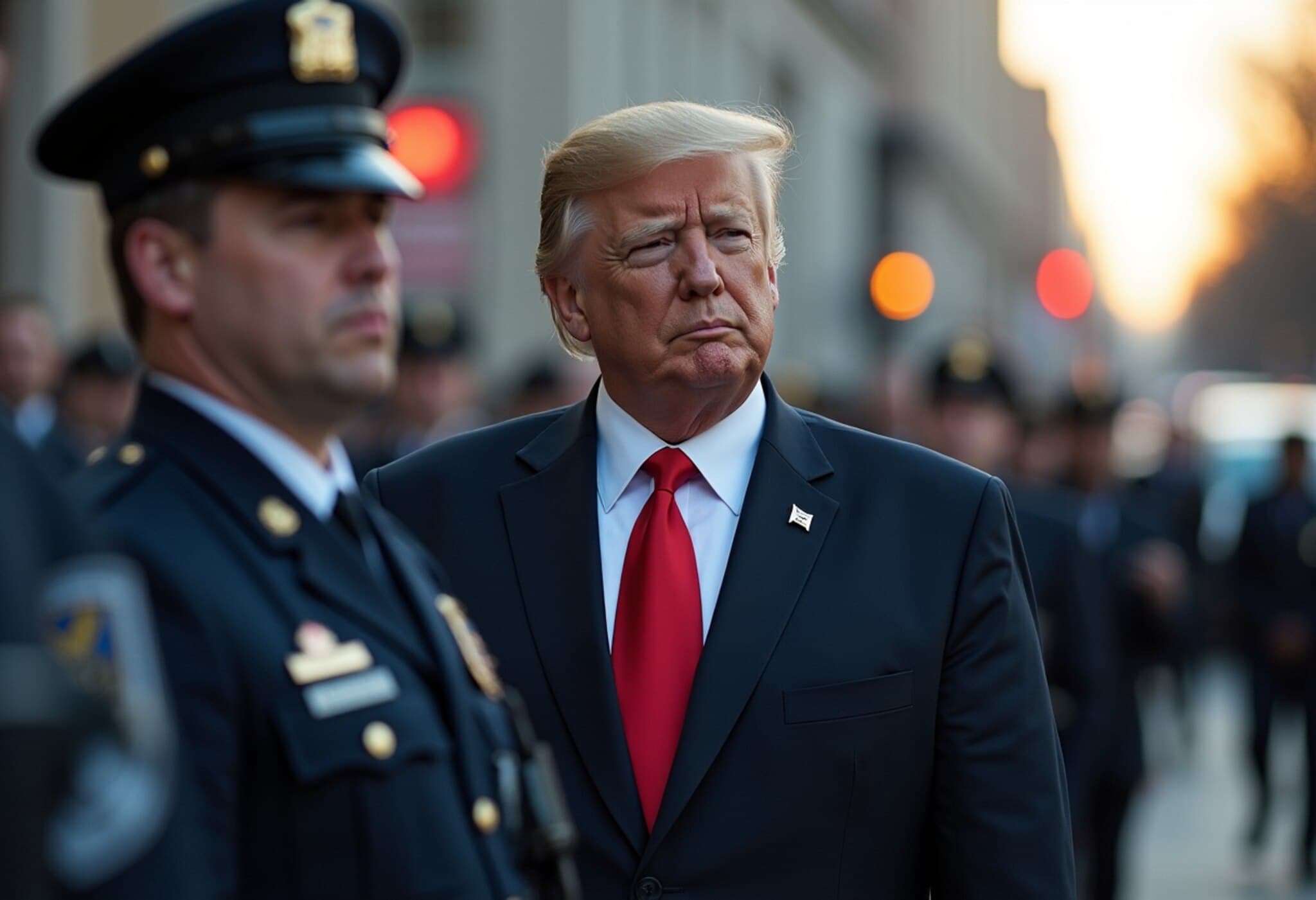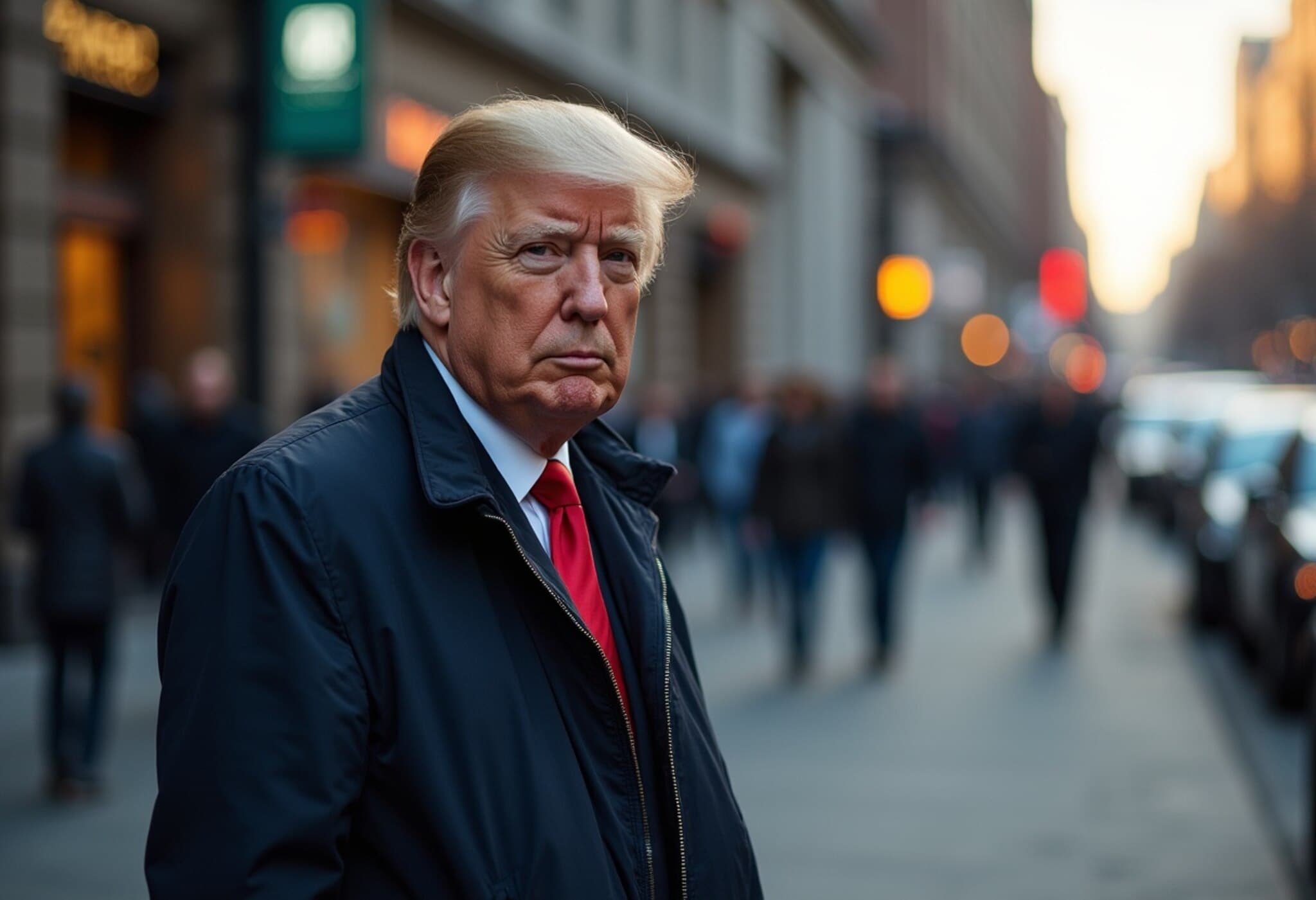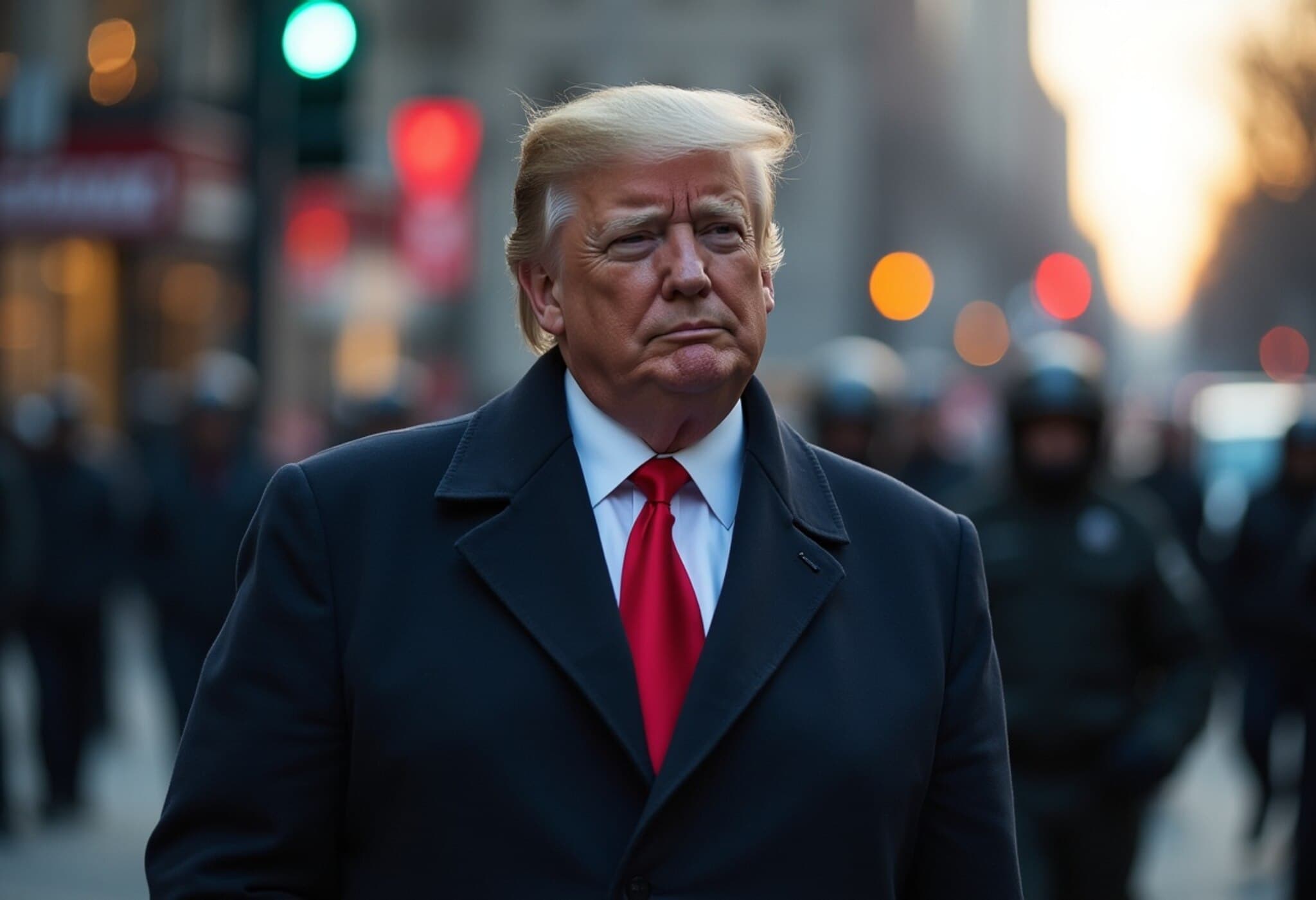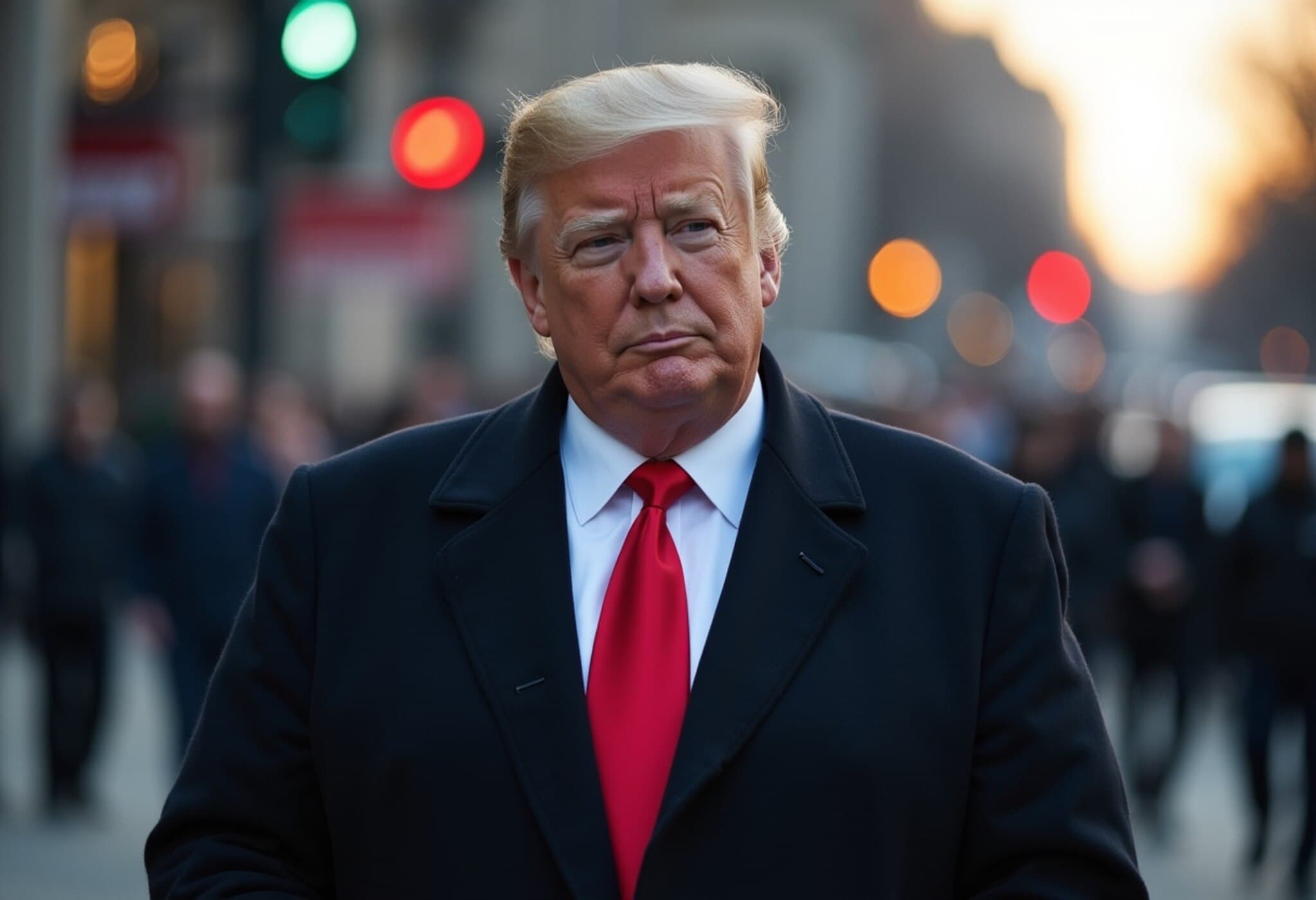President Trump Orders National Guard Deployment Amid Washington D.C. Crime Concerns
In a decisive move that has reignited vigorous debate across the nation, President Donald Trump has authorized the deployment of the National Guard to Washington D.C., citing the need to bolster public safety and combat escalating crime rates in the capital. This decision, announced early on August 12, 2025, comes as part of the administration’s broader campaign to restore order and reassure citizens concerned about local security challenges.
The Context Behind the Deployment
Washington D.C., a city steeped in political significance, has witnessed a surge in violent offenses and property crimes over recent months, according to official crime statistics released earlier this year. While law enforcement agencies have ramped up patrols and community outreach, federal authorities argue that the complexity and scale of these challenges require additional resources and tactical support.
President Trump’s deployment directive aims to augment the Metropolitan Police Department by integrating National Guard troops, who will assist in patrols, strategic checkpoints, and rapid response efforts. These forces will operate under a clearly defined chain of command, prioritizing cooperation with local law enforcement bodies to ensure civil rights are respected and public trust is maintained.
Legal and Political Implications
This federal intervention evokes memories of previous instances where the National Guard was mobilized during times of civil unrest, including protests and emergencies. Legal experts note that while the President possesses authority to activate the National Guard for domestic security purposes, such decisions often raise questions about the balance between federal power and local autonomy.
Several policy analysts highlight the importance of transparency and clear communication to avoid escalating tensions among residents who may perceive the presence of military personnel differently, depending on their experiences or political views.
Voices from the Community and Experts
- Community Leaders: Some community figures welcome the additional manpower, hopeful it will help reduce crime and improve neighborhood safety.
- Civil Rights Advocates: Warn against potential overreach and emphasize the need for strict safeguards to protect constitutional freedoms.
- Security Analysts: Suggest this deployment reflects broader national trends in adopting military support for urban policing, calling for evaluated outcomes to ensure effectiveness without unintended consequences.
What’s Next for Washington D.C.?
The National Guard’s presence is expected to continue in the coming weeks, with periodic assessments to measure impact on crime rates and community sentiment. Local and federal officials have expressed intent to collaborate closely, aiming to achieve a balance that enhances safety without eroding civil liberties.
As this story develops, the eyes of the nation remain fixed on Washington D.C., not only as the political heart of America but as a microcosm for the pressing debate over security, governance, and rights in contemporary society.
Editor’s Note
This deployment raises critical questions: How can government effectively leverage military resources for civil security without infringing on personal freedoms? What lessons do past deployments offer for managing the delicate relationship between local authorities and federal intervention? Readers are encouraged to reflect on the nuanced challenges facing cities today—and the solutions we pursue to forge safer, more united communities.

